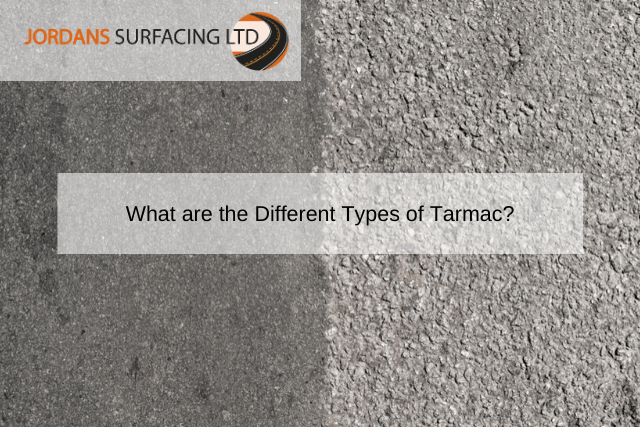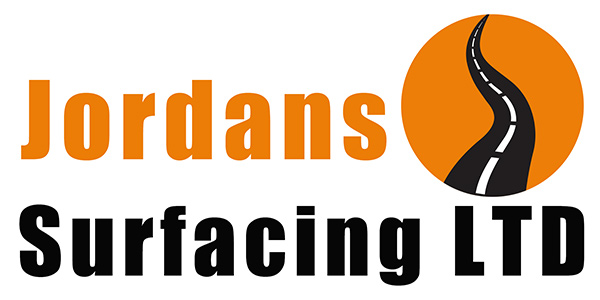
Part of this involves the different formulations which can be chosen. While there are literally dozens of variations, this substance can generally be broken down into two categories based upon density.
Why is this feature important and what benefits can each option provide? These are interesting questions that deserve a bit more attention.
Open-Graded Tarmac
There are times when tarmac driveways are comprised of what is known as an open-graded aggregate. This essentially signifies that there are relatively few smaller particles within the mixture. Thus, open-graded driveways tend to be somewhat permeable.
This can be of assistance during situations when water might otherwise pool on the surface.
Close-Graded Tarmac
Other driveways are comprised of a more dense type of tarmac. Known as close-graded aggregate in the business, this variety contains many small particles which are generally three millimetres in size or smaller.
As you might have imagined, these smaller particles provide a much less permeable surface. This allows water to run off as opposed to penetrating into the ground below.
Another feature of close-graded tarmac is that it offers a slightly more uniform surface. This is why it is often preferred in terms of aesthetics.
Additional Proprietary Options
We also need to mention that many companies tend to offer their own unique mixtures to the client. These may specifically address issues such as moisture or temperature variations.
Some are likewise designed to offer a greater sense of durability; lessening the frequency of pothole repairs and similar maintenance tasks. This is why it is important for customers to consult with a professional in order to fully appreciate the choices at their disposal.
If you would like to learn about the different tarmac options for your driveway, please contact a specialist at Jordans Surfacing.
